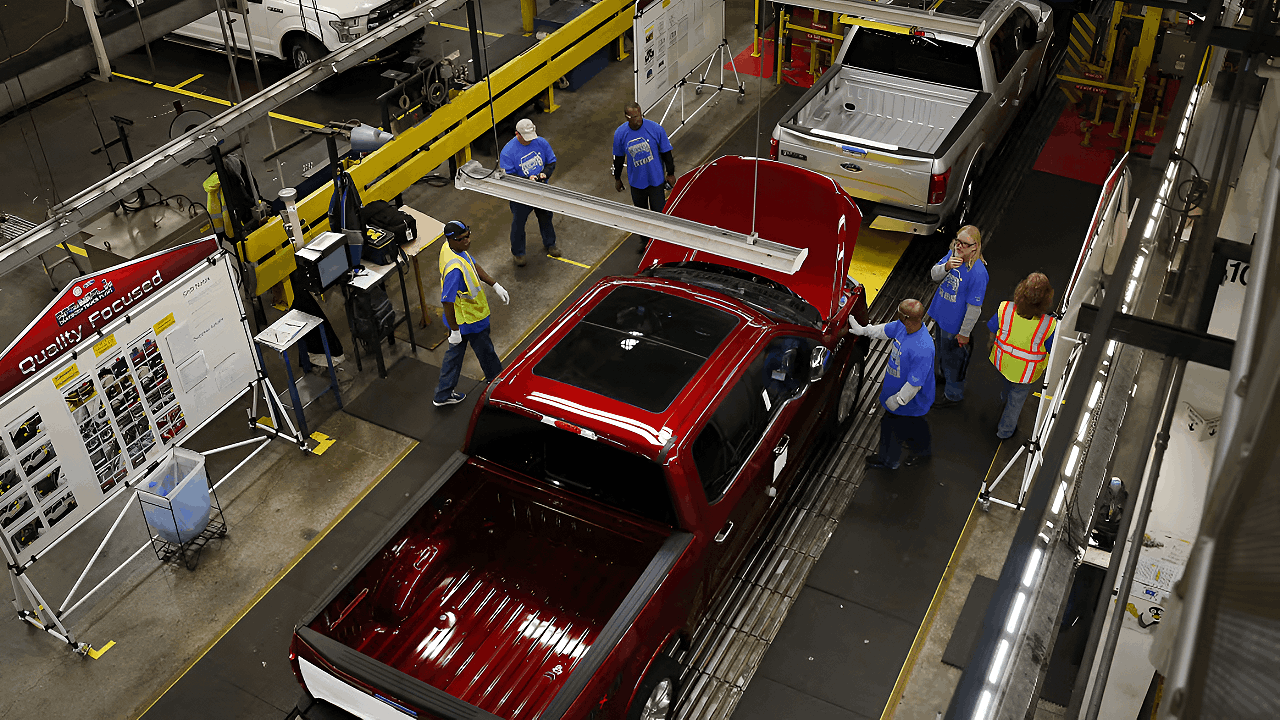
A major Michigan auto supplier has abruptly shuttered its Auburn Hills plant, affecting hundreds of employees. The closure, triggered by a sharp drop in electric vehicle (EV) demand, has sent shockwaves through the region’s auto industry.
As federal EV tax credits expired, the plant’s future became uncertain, raising urgent questions about the stability of Michigan’s manufacturing sector.
Layoffs Mount

Approximately 200 employees are facing permanent layoffs from October 9 to January 31, 2026.
The company revealed that this was due to an “unexpected and immediate reduction in customer orders driven by lower demand for electric vehicles, which has rendered continued operations at the plant no longer viable.” The sudden job losses have left families and the local economy reeling, with little warning or time to prepare.
Michigan’s Auto Legacy

Michigan has long been the heart of America’s auto industry, home to both major automakers and a vast network of suppliers. Auburn Hills, in particular, has played a pivotal role in vehicle parts manufacturing for decades.
The state’s economy is deeply intertwined with automotive production, making any disruption in this sector especially consequential for local communities.
EV Market Squeeze

According to CBS News, the expiration of federal EV tax credits in late 2025 triggered a sharp decline in consumer demand for electric vehicles. Automakers and suppliers have struggled to adjust, with some reporting significant drops in orders.
This company’s closure is just one example of how quickly market conditions can shift, leaving even established players vulnerable to sudden downturns.
Dana Thermal Products
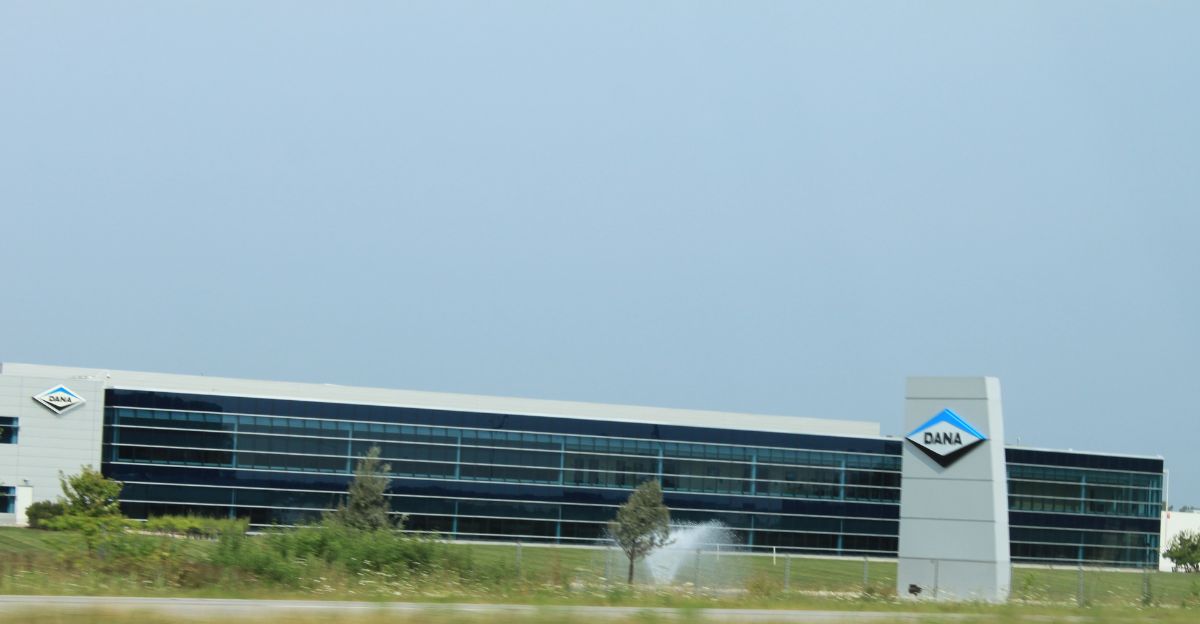
According to The Detroit News, the Dana Thermal Products manufacturing facility in Auburn Hills is closing its doors for good.
In a notice sent to the Michigan Department of Labor and Economic Opportunity under the Worker Adjustment and Retraining Notification (WARN) Act, plant manager Chris Dodge announced that the company will permanently shut down its Giddings Road facility. This marks one of the most significant auto supplier closures in Michigan this year.
Local Fallout
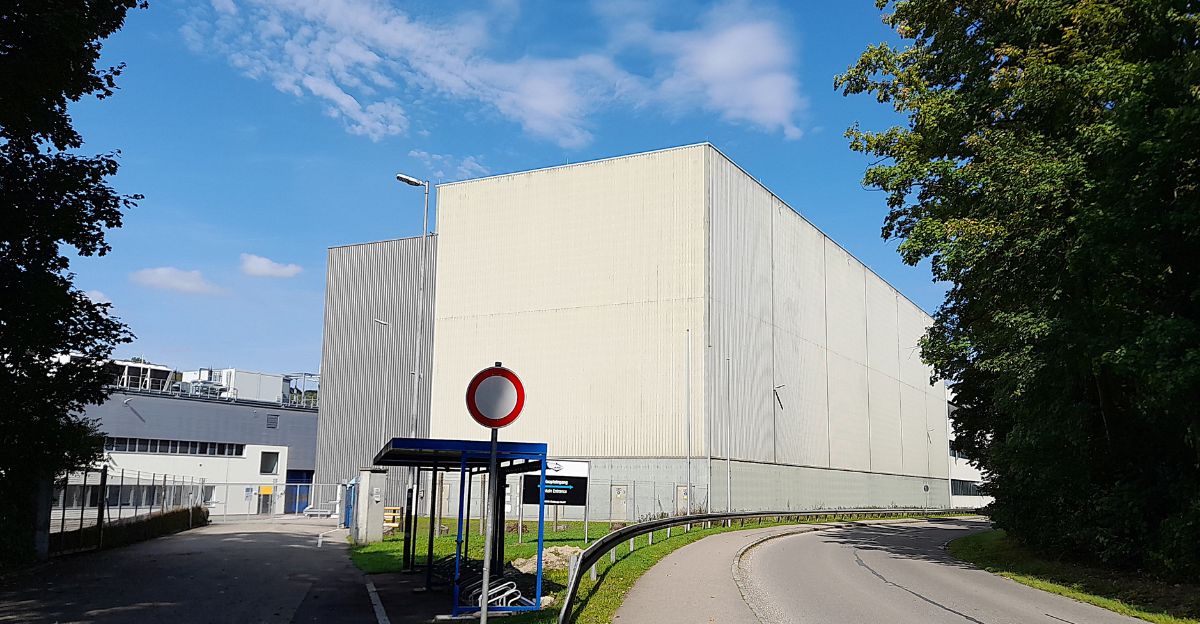
Dana Thermal Products operates as an indirect subsidiary of Dana Incorporated, a company known for manufacturing and supplying engineered solutions for vehicles and industrial machinery.
The closure’s impact extends beyond the plant gates. Local businesses in Auburn Hills are bracing for a downturn as hundreds of newly unemployed workers tighten their spending. Community leaders warn that the ripple effects could last for months, affecting everything from retail sales to housing stability. The sudden loss of income for so many families is already being felt across the region.
The Facility
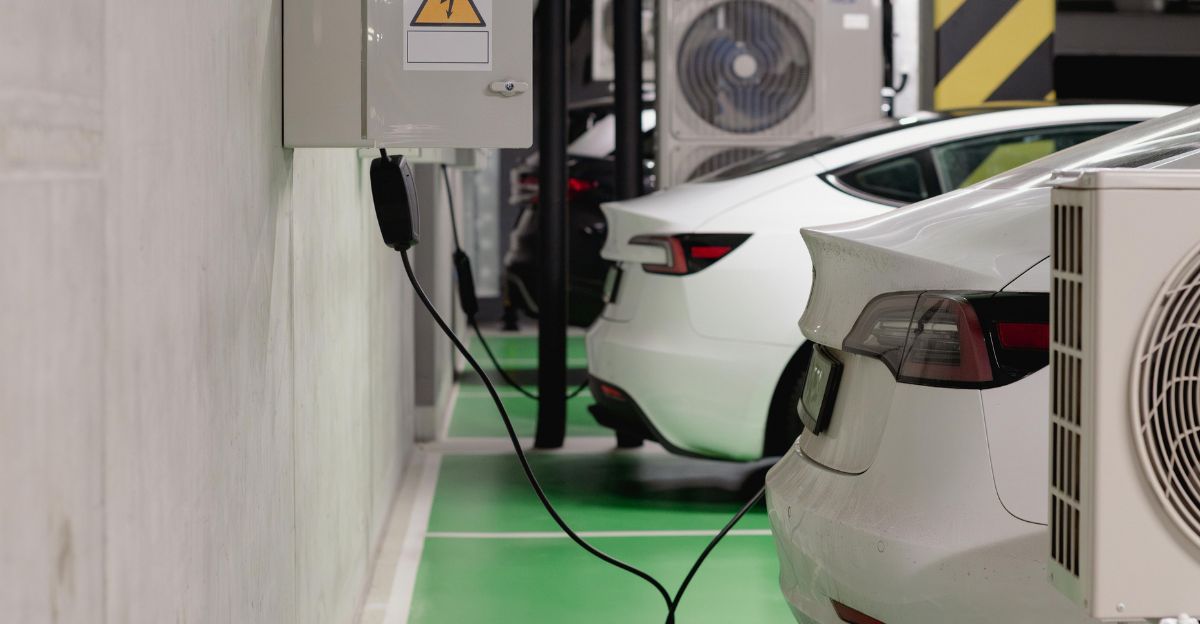
According to an August 2022 press release from Gov. Gretchen Whitmer’s office, the Auburn Hills facility began operations in 2022, producing battery cooling plates. At the time, Dana expected strong, ongoing growth in the electric vehicle sector.
Recently, Bloomberg reported that Americans purchased 438,500 electric cars and trucks in the third quarter of 2025, which was a record-setting number. However, analysts predict that sales could decline following the expiration of federal tax credits on September 30.
Industry Chain Reaction
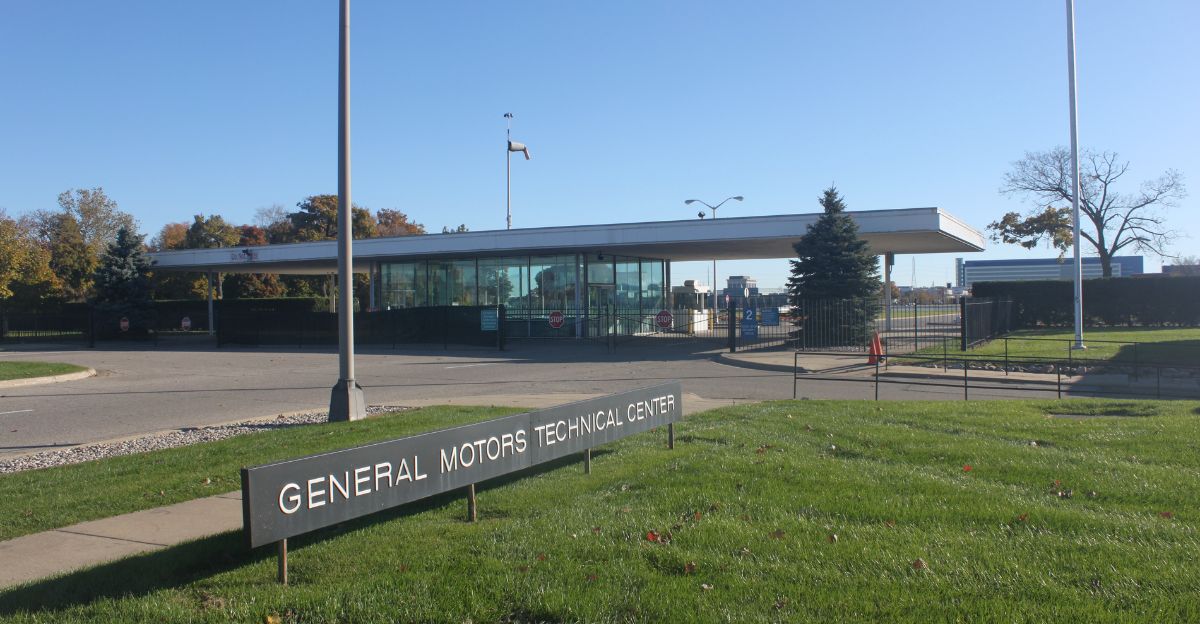
Dana’s shutdown is not an isolated event. Other suppliers in Michigan are also reporting reduced orders and production slowdowns as the EV market contracts.
General Motors, a major Dana customer, posted a $1.6 billion quarterly loss attributed to the same policy shift. The entire supply chain is feeling the strain, with some companies considering similar cost-cutting measures.
Market Data Shift

Industry analysts note that U.S. electric vehicle sales fell sharply in the months following the expiration of federal tax credits. The sudden drop in demand caught many suppliers off guard, forcing rapid adjustments.
Some experts warn that unless new incentives are introduced, the EV market could face a prolonged slump, further threatening jobs and investment in the sector.
Collateral Damage

The layoffs at Dana have triggered a surge in demand for local social services, including food banks and unemployment assistance. Community organizations are scrambling to support affected families, many of whom have never needed help before.
The closure has exposed the vulnerability of Michigan’s economy to sudden policy and market shifts, raising concerns about long-term resilience.
Frustration Mounts

Union leaders and local officials have voiced their frustration over the lack of warning and support for displaced workers. Some accuse policymakers of failing to anticipate the consequences of ending EV incentives.
“We need a plan to protect our jobs and our community,” one union representative said, calling for urgent action to prevent further closures in Michigan’s auto sector.
Ownership Shifts
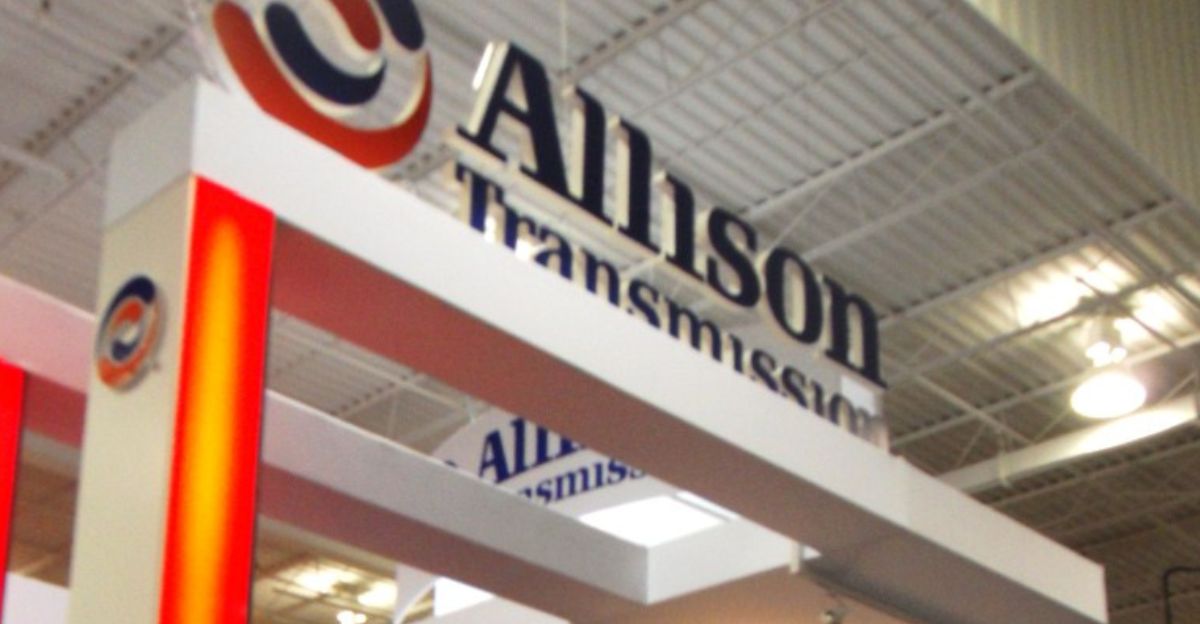
Dana Incorporated is undergoing significant changes beyond the Auburn Hills closure. According to PR Newswire, in June 2025, Allison Transmission announced a $2.7 billion deal to acquire Dana’s Off-Highway business, signaling a strategic shift in focus.
The sale is expected to close later this year, potentially reshaping Dana’s operations and priorities in the wake of the EV market downturn.
Comeback Plans

Despite the setbacks, Dana and other suppliers are exploring ways to adapt. Some are investing in hybrid and alternative powertrain technologies, hoping to capture new market segments.
Others are lobbying for renewed government incentives to revive EV demand. The path to recovery remains uncertain, but industry leaders insist innovation will be key to future growth.
Expert Doubts

Market analysts remain skeptical about a quick rebound for Michigan’s EV sector. Many warn that without stable policy support, further plant closures and layoffs are likely.
The abrupt end of federal tax credits has exposed deep vulnerabilities in the supply chain, prompting calls for a more coordinated approach to industrial policy and workforce protection.
What’s Next?

As Michigan’s auto industry faces an uncertain future, the big question remains: Can the region reinvent itself in the face of rapid technological and policy shifts?
The fate of hundreds of workers and the broader community may depend on how quickly industry and government can adapt to the new realities of the EV market.